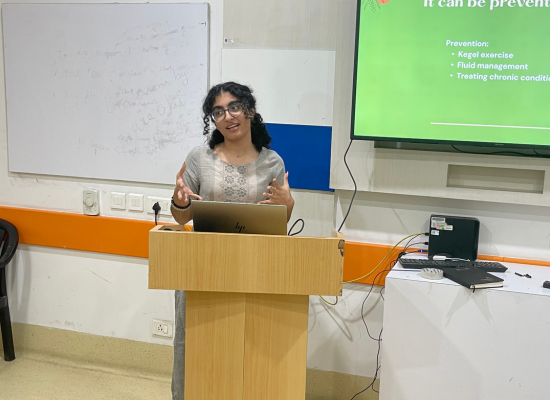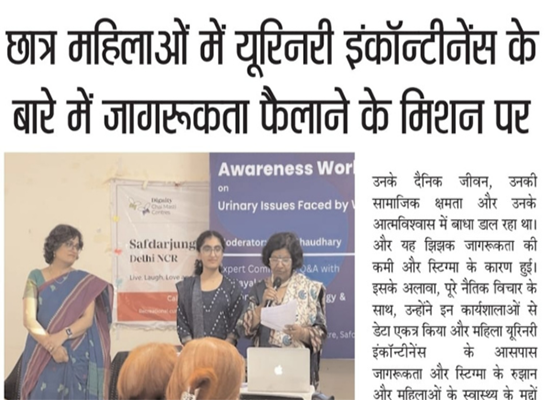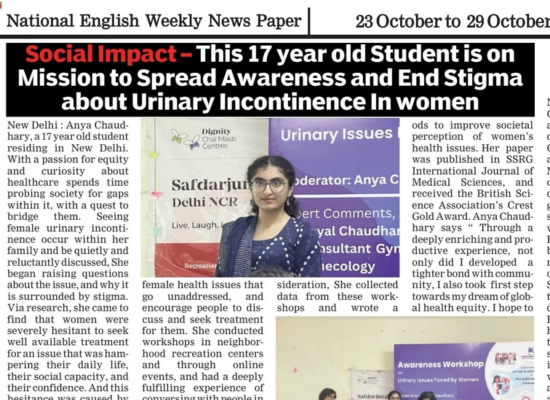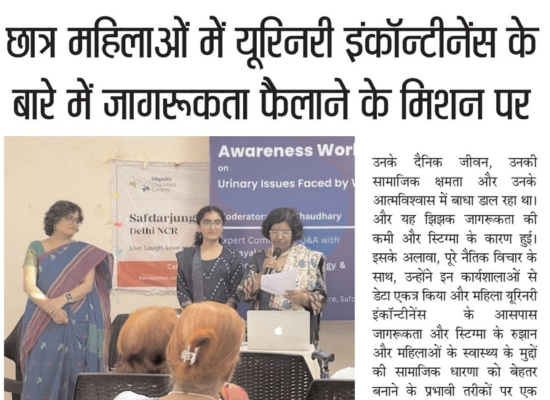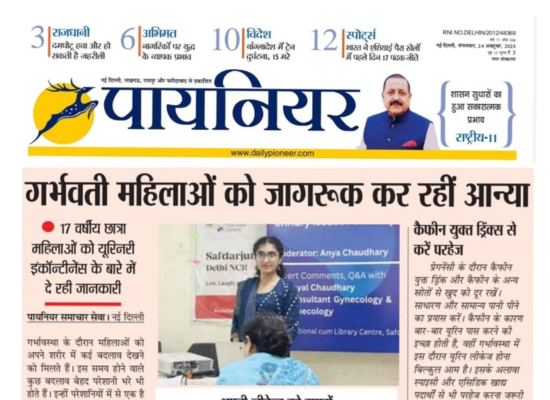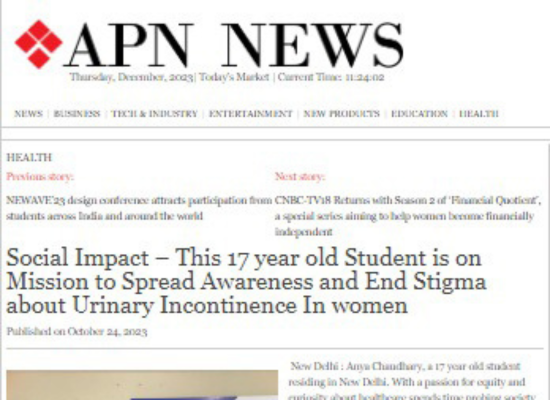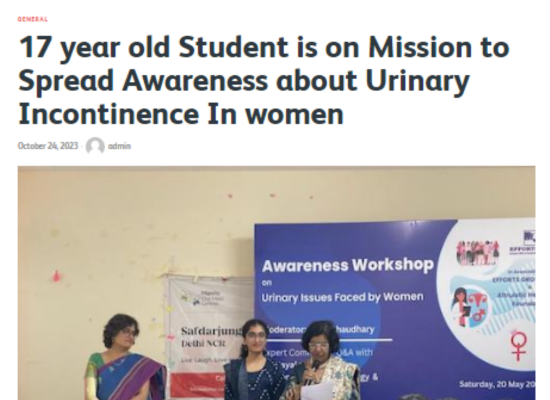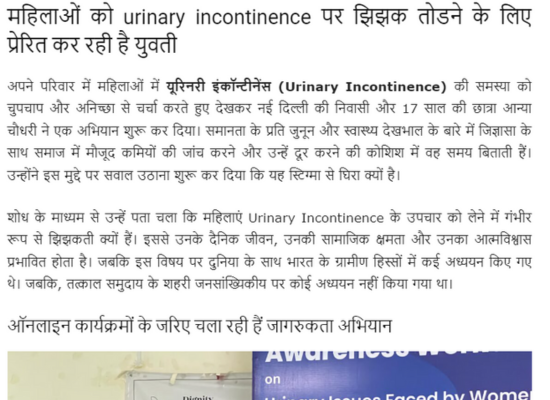What is Urinary Incontinence?

Urinary incontinence is an issue entailing the involuntary leakage of urine during physical activity, coughing, sneezing, exercising etc. and uncontrollable urges to urinate, faced by both males and females. However, it is more prevalent in females, and despite that, addressed far less

No! Treatments are available for urinary incontinence - biofeedback, pelvic floor physiotherapy, medication, surgery It can also be prevented through healthy bladder habits, and preventive pelvic floor muscle training
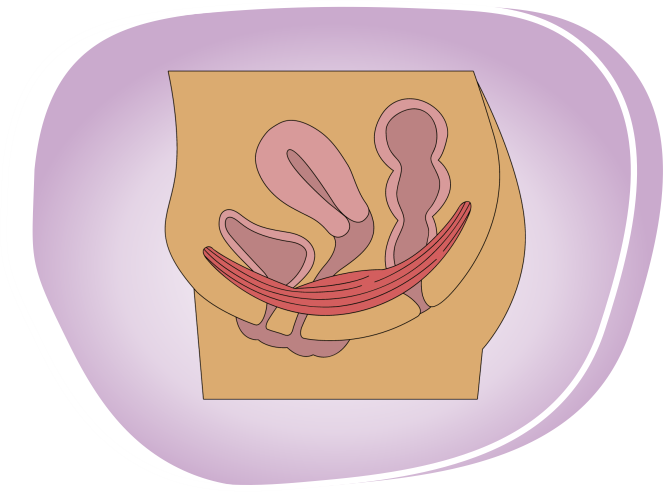

Urinary incontinence in women is caused due to the weakening of the pelvic floor muscles during childbirth, as a part of aging, through hormonal changes, and metabolic diseases such as diabetes. It is often exacerbated by frequent coughing, constipation, caffeine, and diuretics (like water pills)

Research has shown that only 42.5% of women with urinary incontinence seek treatment for urinary incontinence due to lack of awareness and stigma. If you suffer from urinary incontinence, don’t hesitate to discuss it with your urogynaecologist and your loved ones. You are not alone!
Step 1: Drink well
Step 2: Eat well
Step 3: Be active
Step 4: Look after your pelvic floor muscles
Step 5: Good toilet habits
